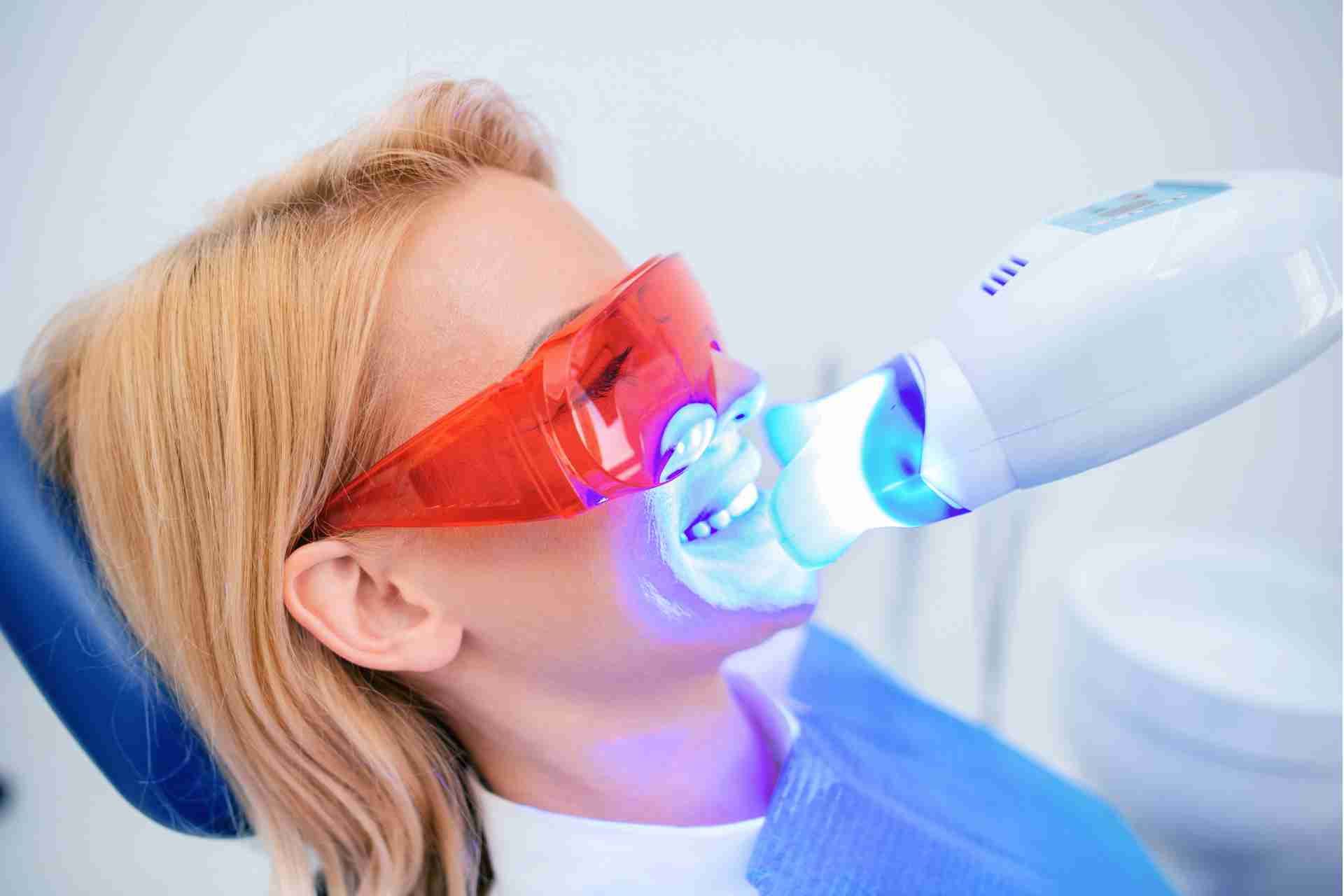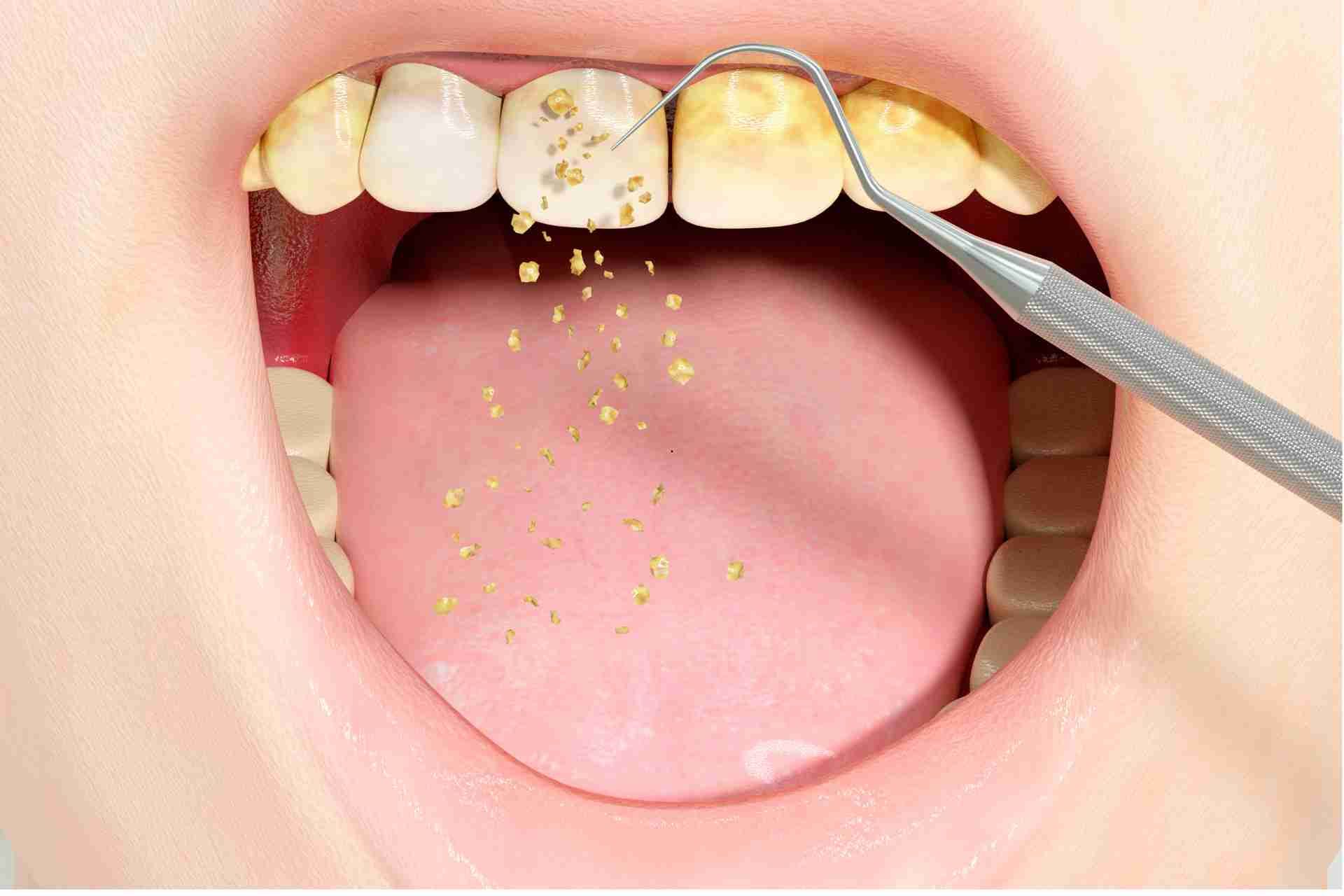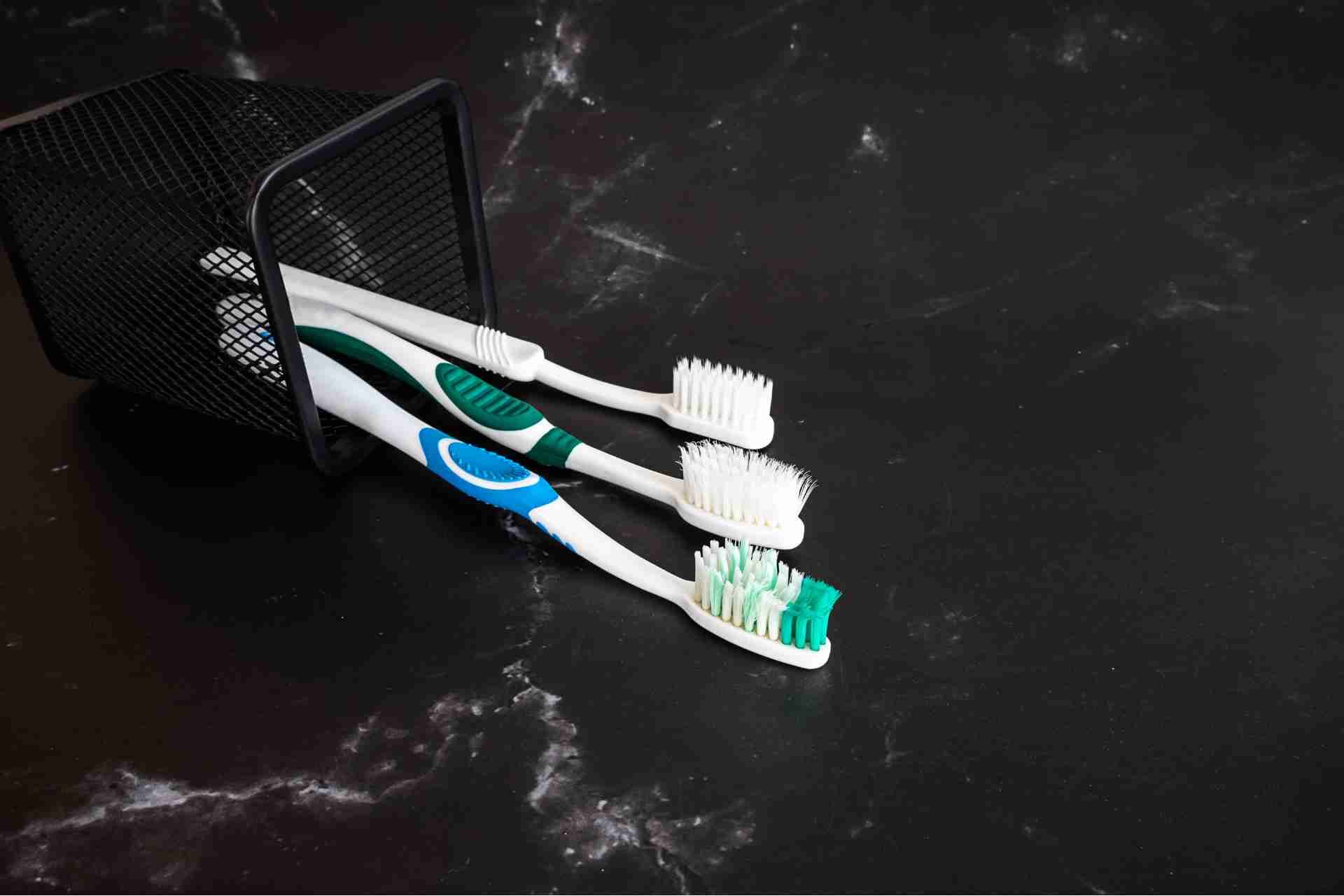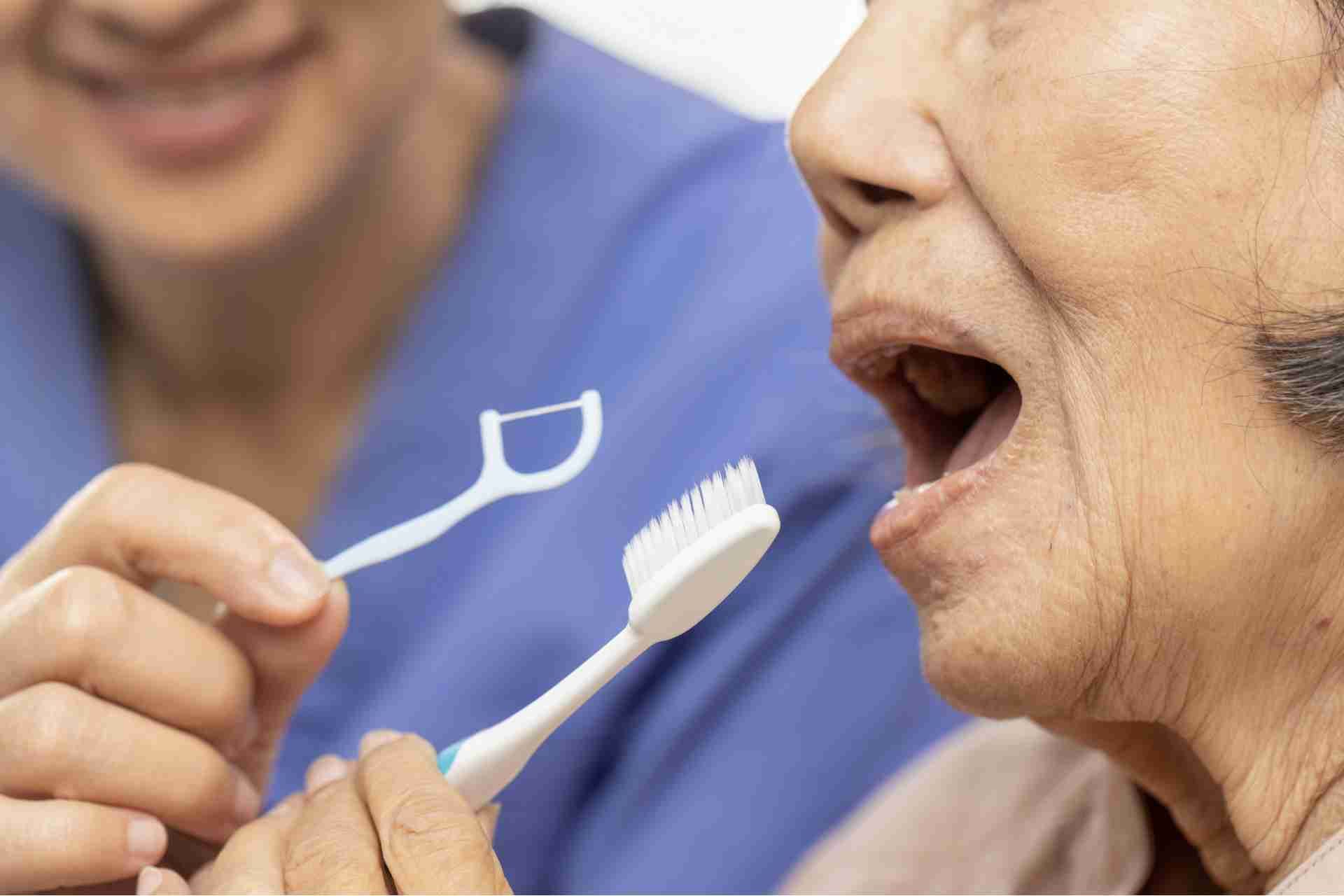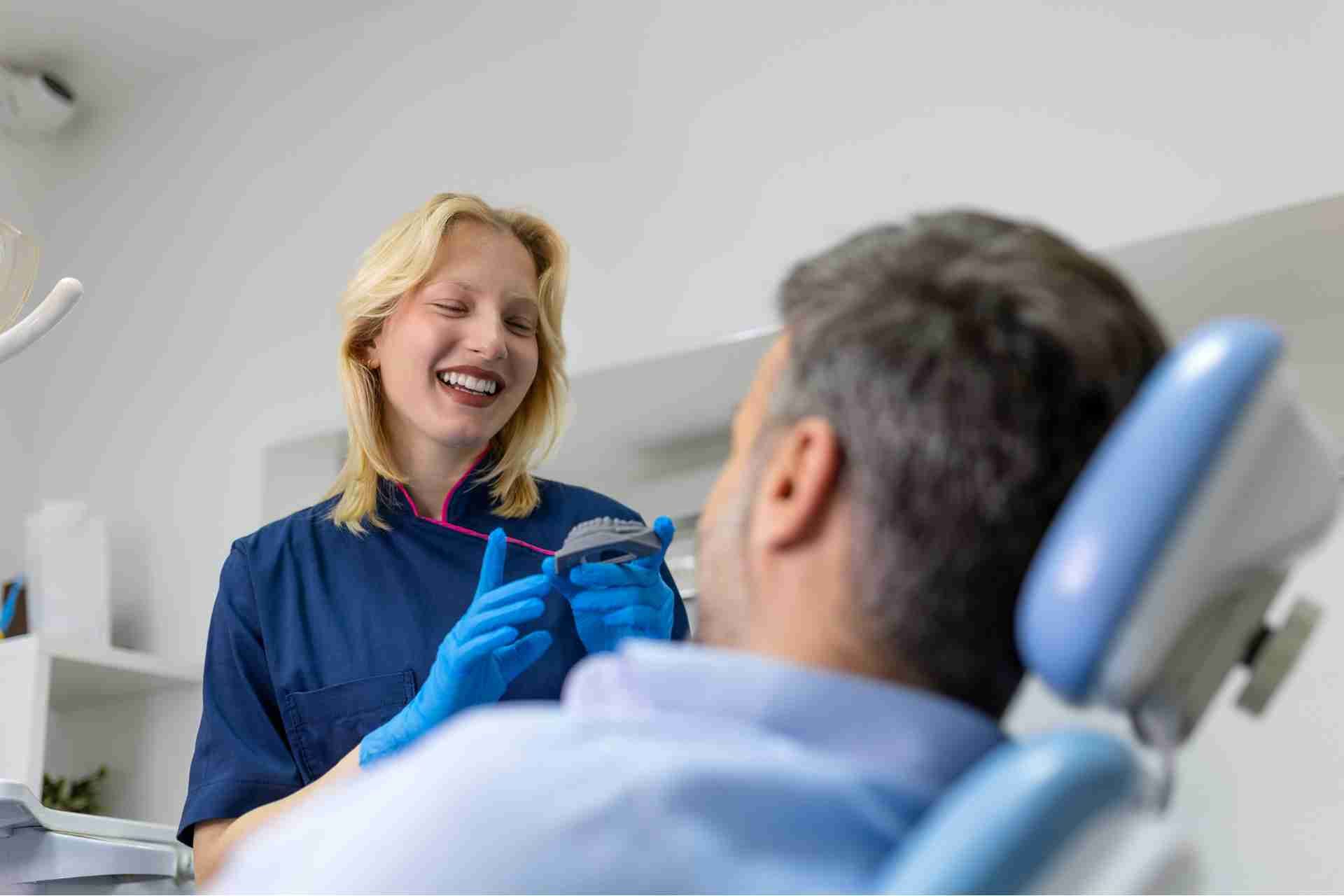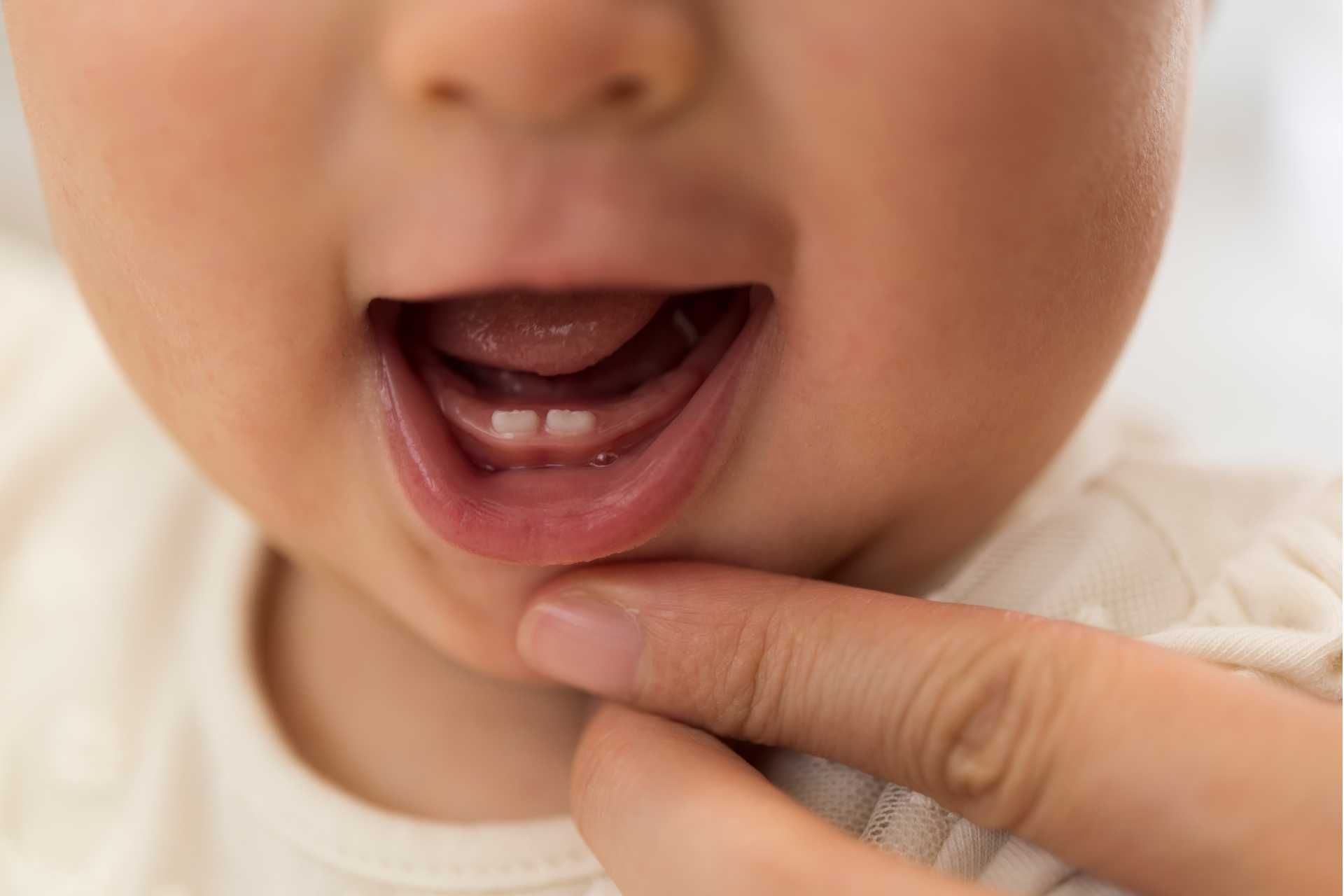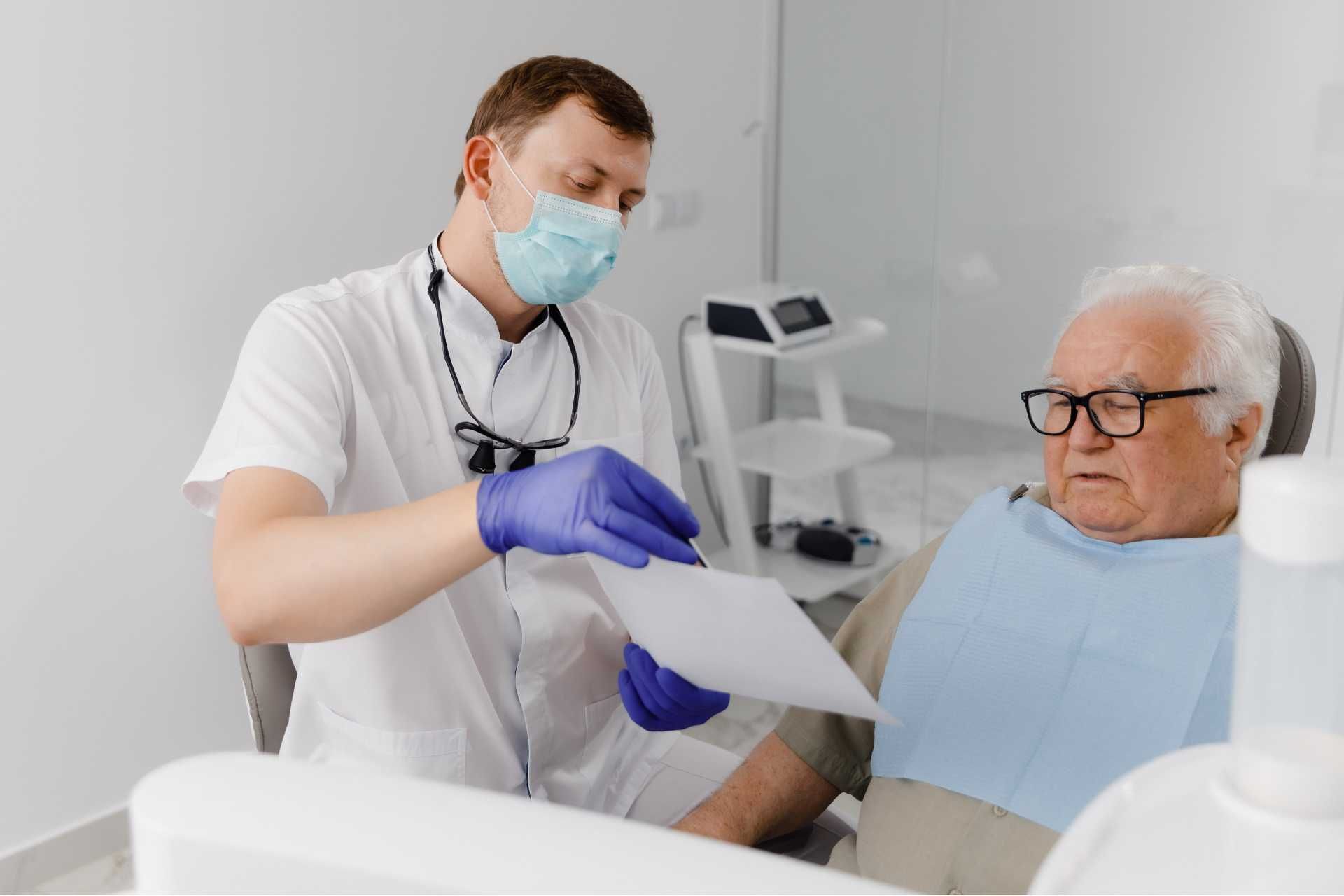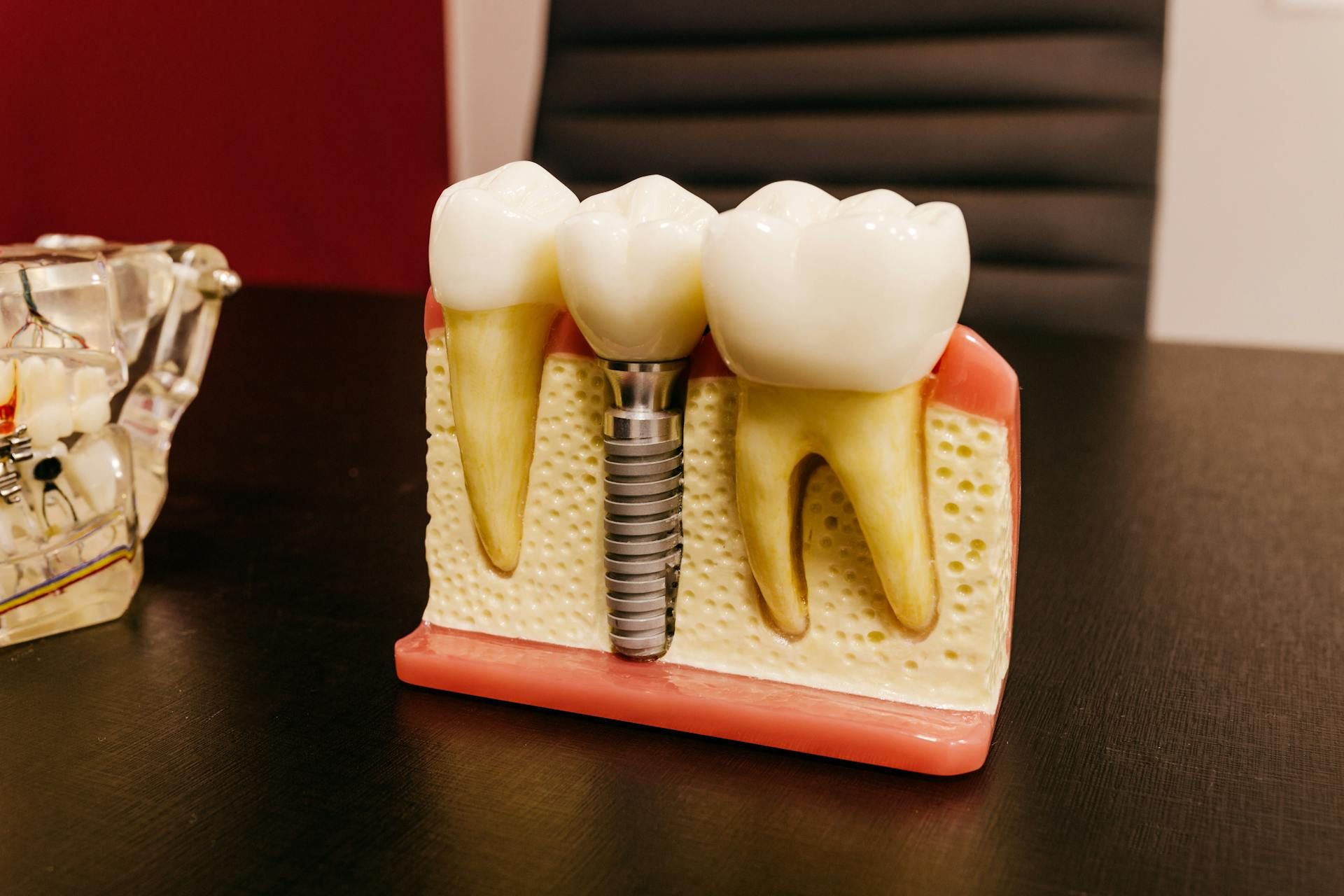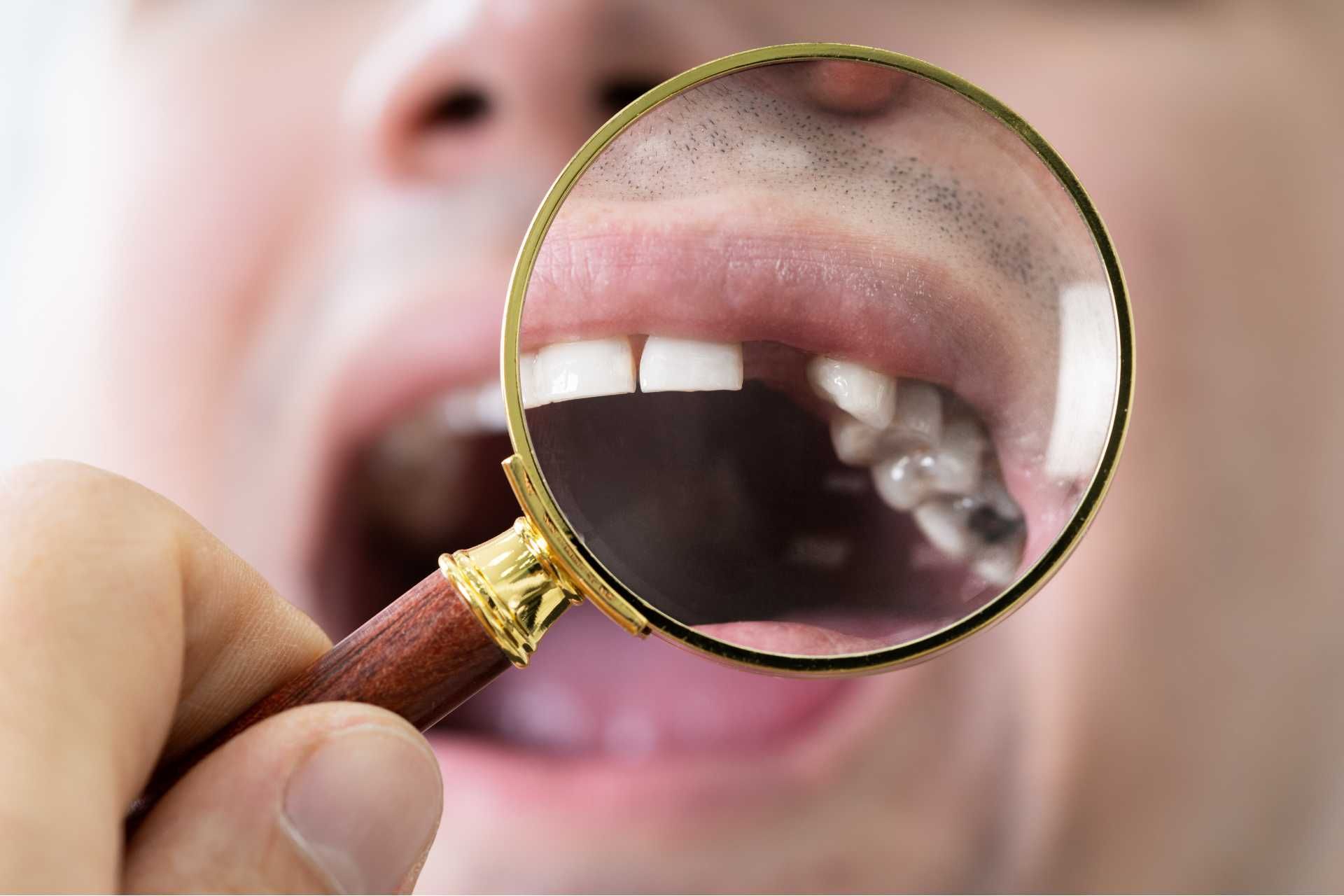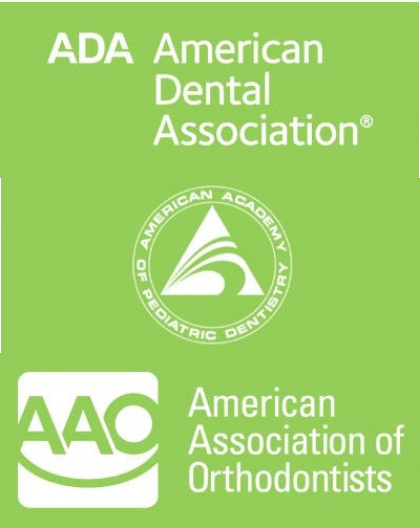What to Expect at First Dental Visit
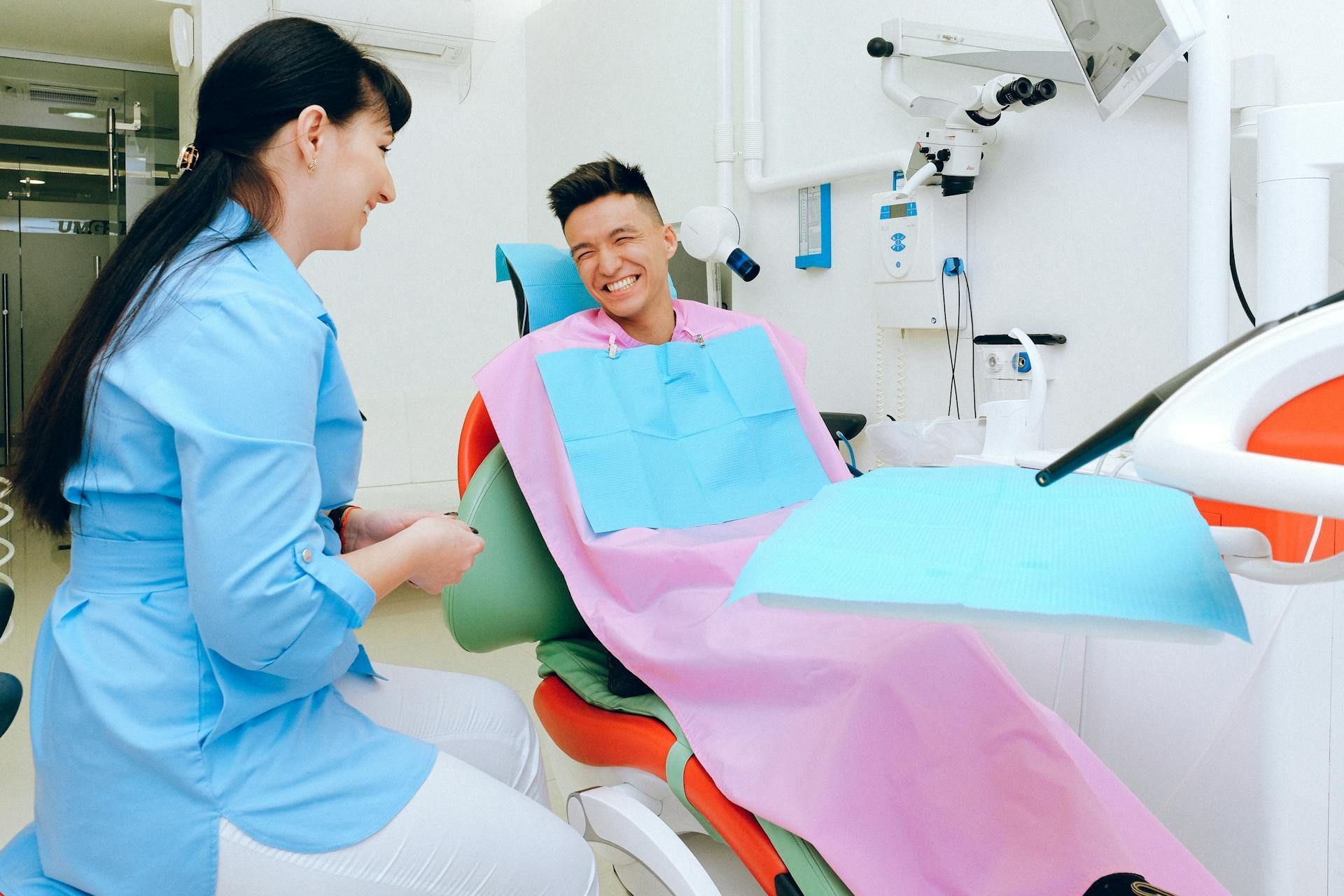
Going to the dentist for the first time can be a bit nerve-wracking, especially if you don't know what to expect. But rest assured, your first dental visit is nothing to be afraid of! In fact, it's an essential step towards maintaining good oral health. To help put your mind at ease, let's dive into what you can expect at your first dental visit.
Why visit a dentist?
Prevention is better than cure, and this holds true for dental health as well. Regular visits to the dentist can help prevent the development of oral diseases and identify any issues at an early stage. Dentists are trained to detect problems that may not be obvious to the untrained eye, such as cavities, gum disease, or oral cancer. By catching these problems early on, they can be treated more effectively, saving you from unnecessary pain and expenses in the future.
Another key reason to visit a dentist is for professional teeth cleaning. Even if you practice good oral hygiene at home, there are certain areas in your mouth that may be difficult to clean thoroughly. Over time, plaque and tartar build-up can lead to gum disease and tooth decay. A dental cleaning can remove these deposits, keeping your teeth and gums healthy and preventing more serious issues down the line.
Maintaining oral health is not just about avoiding dental problems. It also has a positive impact on your overall well-being. Several studies have shown a link between gum disease and various systemic diseases, including heart disease, diabetes, and respiratory problems. Regular dental visits can help identify early signs of these conditions, allowing for prompt intervention and management. Your oral health is a reflection of your overall health, and taking care of it should be a priority.
What to Expect at First Dental Visit
First and foremost, it's important to acknowledge the significance of regular dental check-ups. These visits not only help prevent serious dental issues but also allow you to catch any problems early on when they are easier and less costly to treat. So, whether you're young or old, making that initial appointment is a vital decision for taking care of your teeth.
When you arrive for your first dental visit, you'll be greeted by the friendly staff and asked to complete some paperwork, including medical history and consent forms. These forms provide the dentist with important information about your overall health, previous dental treatments, and any medications you might be taking. It's crucial to be thorough and honest while filling out these forms to ensure the dentist has a complete understanding of your specific dental needs.
Next, you'll be guided into the examination room, where you'll meet your dentist and dental hygienist. The hygienist will likely begin by taking X-rays of your teeth to evaluate their structure and identify any hidden dental problems. These X-rays are painless and serve as an essential diagnostic tool for the dentist to assess your oral health accurately.
Afterward, the dental hygienist will proceed with a thorough cleaning of your teeth. They will use special dental instruments to remove plaque and tartar build-up, which can lead to tooth decay and gum disease if left untreated. This cleaning procedure, also known as scaling and polishing, ensures that your teeth are healthy and ready for the dentist's examination.
Once the cleaning is complete, your dentist will conduct a comprehensive examination of your oral cavity. They will check for cavities, gum disease, oral cancer, and perform a bite analysis. The dentist may also evaluate your jaw joints and perform a occlusal analysis to assess the alignment of your teeth. This examination aims to identify any potential issues and develop a treatment plan tailored to your specific needs.
Finally, your dentist will take the time to discuss their findings with you and address any concerns or questions you might have. They will provide you with personalized oral hygiene instructions, share tips for maintaining a healthy smile, and recommend any necessary treatments based on their examination. This is an excellent opportunity to ask any dental-related questions and learn how to improve your overall oral health.
How to Prepare for the First Dental Appointment
- Research the Dental Clinic: Before booking an appointment, spend some time researching local dental clinics. Look for clinics with positive reviews and a friendly atmosphere. You can also check if the dentist specializes in any specific areas, such as
pediatric dentistry or
orthodontics, depending on your specific needs.
- Fill Out Necessary Forms: Most dental clinics require new patients to fill out some paperwork before their first visit. To save time, call ahead and inquire if you can download the forms from their website or have them emailed to you. By completing these forms before your appointment, you can ensure a smooth check-in process.
- Gather Important Information: Prepare a list of your current medications, any allergies you may have, and your medical history. Dental health is closely linked to overall health, so it's crucial for your dentist to have a complete understanding of your medical background. This information will help them provide appropriate and personalized care.
- Brush and Floss: Good oral hygiene is essential, and presenting a clean mouth to your dentist is respectful and beneficial. Brush your teeth thoroughly before the appointment and don't forget to floss. This will help remove any food particles or plaque buildup, ensuring a more accurate examination.
- Write Down Any Questions or Concerns: If you have any specific concerns, such as tooth sensitivity, bleeding gums, or bad breath, make a list of these questions or concerns before your appointment. This will ensure that you don't forget anything important and can discuss all your concerns with your dentist.
- Arrive Early: Arriving a few minutes early for your first dental appointment can help you feel more settled and relaxed. You will have time to fill out any additional forms, ask questions at the reception, and get acquainted with the dental office environment.
- Communicate with Your Dentist: Building trust and open communication with your dentist is crucial. During your appointment, make sure to discuss any anxieties or fears you may have. Your dentist can provide reassurance and take steps to make your experience as comfortable as possible.
- Stay Calm and Relaxed: Dental visits can evoke anxiety in some individuals. To combat this, try practicing deep breathing exercises or listening to calming music before your appointment. Remember, your dentist is trained to provide gentle care and will ensure your comfort during the visit.
- Prepare for Post-Appointment Care: Inquire about any post-appointment care suggestions before leaving the clinic. It's essential to understand the proper steps for maintaining good oral hygiene and managing any discomfort after treatments.
Contact Pennington Orthodontics & Pediatric Dentistry for Quality dental Services
If you are looking for a dental service provider in your area, don't hesitate to contact
Pennington Orthodontics & Pediatric Dentistry. Their friendly staff will be happy to answer any questions you may have and
schedule an appointment that suits your needs. Experience the difference of quality dental care with Pennington Orthodontics & Pediatric Dentistry and take the first step towards a healthy and beautiful smile.
